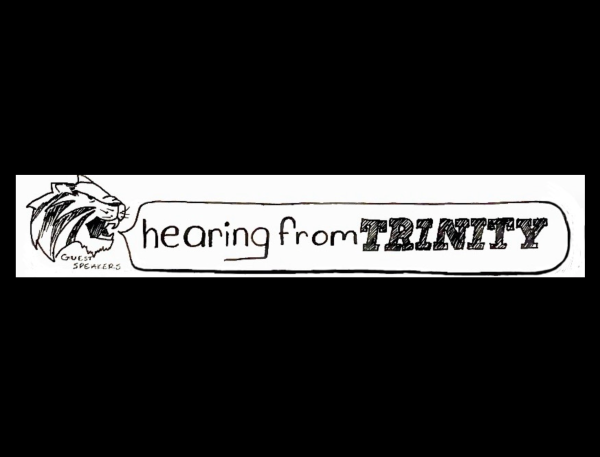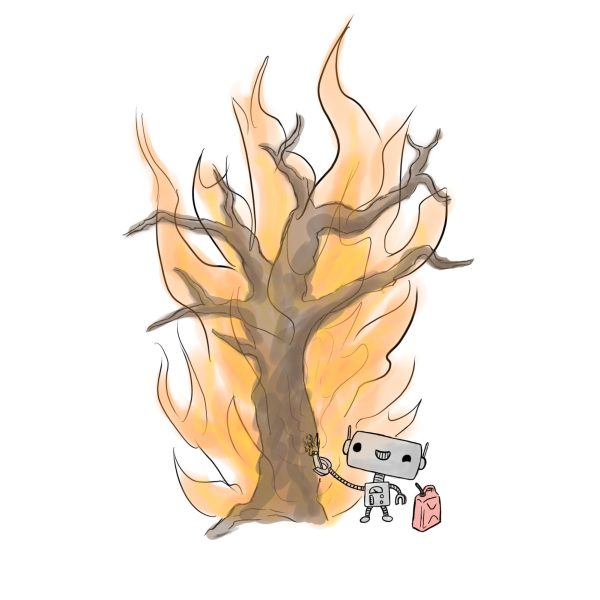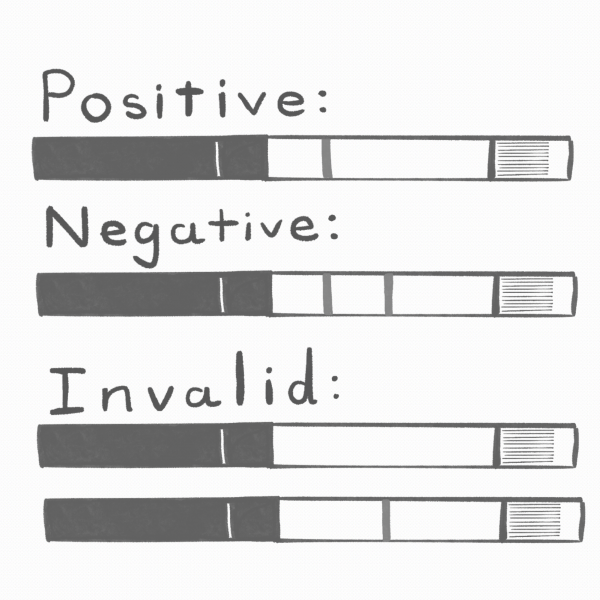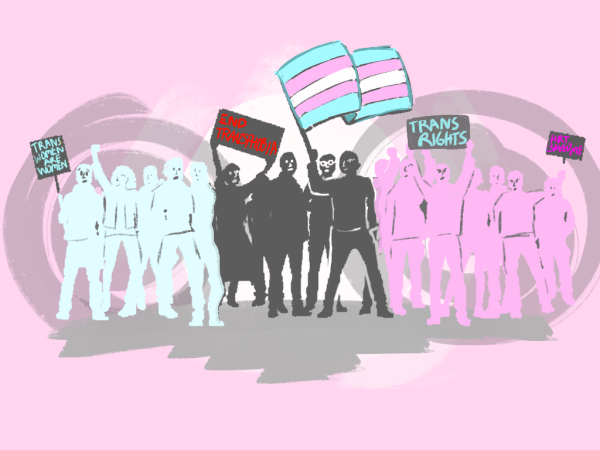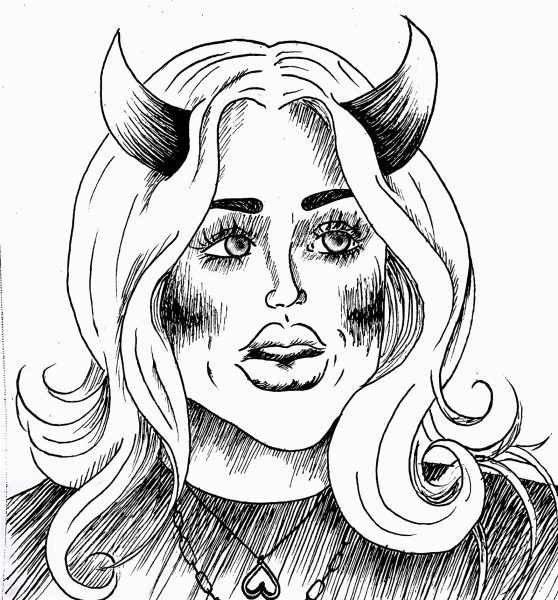Discovering my identity through culture and roots
Who am I? And if so, how many?
When I first saw this title in a German bookstore, I felt like I had heard that phrase for a millionth time in my mind, repeatedly displayed, from my childhood on until now. When I tell people where I come from, they normally never question whether I am German or not. Blue eyes and blonde hair, “typically German,” I have been told so many times. What does that mean anyway? At least nobody normally seeks for further explanation when I reveal that I am from Germany. Sometimes I just wonder if things would have gone different for me if I had black hair and darker skin like my dad. Or a Polish accent like my mother. Would I feel different? Less accepted? What is the point of judging somebody by their outward appearance anyway?
Etymologically, the term “identity” refers to the Latin word “idem,” which means “the same.” Identifying with a country or nationality can create a strong sense of belonging. As human beings, we all seek some amount of acceptance.We naturally wish to become part of a community, whether it is with our family, friends or other parts of our society. When we identify with someone or something, we feel comfortable and connected with certain values, norms, traditions. But as “identity” can bring people together, it has also the power to exclude. National identity can create a sense of belonging, and — simultaneously — it can rip people apart.
When talking about my migrational background, I have often been asked about my life in Germany: “Where do you feel at home? Germany or Poland?” What if there was no home for those who simply do not know how it feels to be part of only one country? My family has migrational background from all over Europe. In my family, we all look very different from one another. How can you tell from looking at somebody’s outward appearance who they are inside, how they feel, what they think? “We contain multitudes,” Walt Whitman said once. Wherever I go, I still often feel the variety of cultures inside of me. How come there is still so little awareness about the falsity resulting from stereotypes? How come they are still so present although it is just too obvious that prejudging somebody may eventually turn out wrong?
Although meant to protect us from danger — and thus useful in some rare occasions — stereotypes are basically filled with unnecessary and misguiding prejudice. What we carry outside projects only a small amount of ourselves. It creates an illusion of where we belong and who we identify as. Our real inner selves — who we really are, what we believe — remain in the background of social interactions way too often. Would you have guessed that I have been struggling with my national identity ever since?
As a Fulbright student, I have come to the United States to not only follow the very roots of American immigration, but also to learn and to understand how different cultures have enriched and destroyed each other throughout centuries. As a Fulbright student, I have also come to raise awareness and to strengthen discourse through any means to help create a change. I have come here to stress topics I am personally concerned about — not only as German citizen but also as child with migrational background. I am afraid of stereotypes that have recently come up in discourses about national identity, both in Germany and the United States.
It is just too easy to assume that your skin color or looks or behavior or whatever appears on the surface determines who you will become. Although we are all very different, we as Fulbright Diversity Initiative students have all experienced that struggle of seeking for identity while being on the fence. Every one of us carries a story. We are in some ways very different, but in the end, there is something we all have in common: we can raise awareness about what it means to be somewhat divided and not knowing where we actually belong. We have never been so free before to get to visit unknown places and spaces around the world, get to know each other, exchange experiences and thoughts and change our own identity. Especially in the last decades, national identity has appeared to not be predestined. It is not something static you are born with and end up with for the rest of your life but something that will change depending on where you get to live in your life. Along with globalization, boundaries between national identities will eventually fade. I wish for a society which starts turning this global development into an opportunity with all the struggles it comes with. As part of the Fulbright program, I have just started to turn my wishes into reality.


